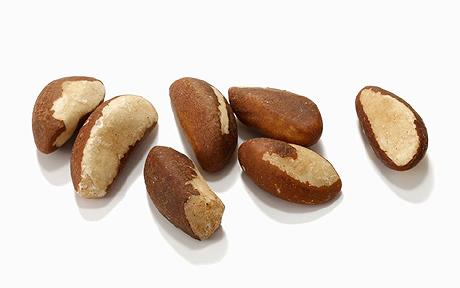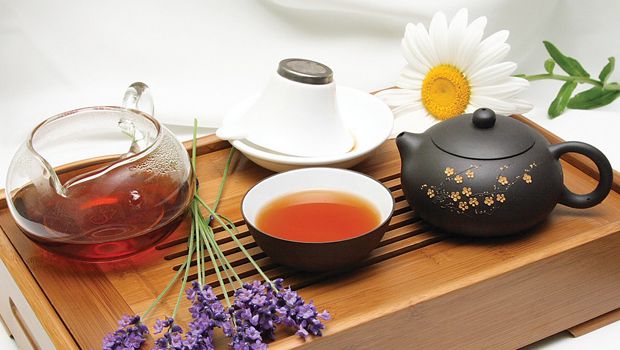Green tea contains volatile oils, vitamins, minerals, and low levels of caffeine. Green tea is prepared from the same plant as black tea but is simply extracted raw materials processed in different ways. Scientific research in Asia and the West is producing hard evidence for the health benefits long associated with drinking green tea. In 1994, the journal of the National Cancer Institute published the results of an epidemiological study indicating that drinking green tea reduced the risk of esophageal cancer in Chinese men and women by nearly 60 percent. Researchers at the Purdue University in the US concluded that a compound in green tea inhibits the growth of cancer cells. There is also research indicating that drinking green tea lowers total cholesterol levels, as well as improving the ratio of good (HDL) cholesterol to bad (LDL).
Green tea is used to treat cancer, rheumatoid arthritis, high cholesterol levels, cardiovascular disease, infection and impaired immune function. The secret of green tea lies in the fact it is rich in catechin polyphenols, particularly epigallocatechin gallate (EGCG), which is a powerful antioxidant. Apart from inhibiting the growth of cancer cells, it also kills the cancer cells without harming healthy tissue. It has also been effective in inhibiting the abnormal formation of blood clots. This is very important since a type of blood clot — thrombosis — is the leading cause of heart attacks and strokes. As shown by the results of recent studies, polyphenols effectively handle viruses, and slow the aging process and weaken the effect of free radicals that destroy cells of the body and cause cancer and other serious diseases
A joint US-Chinese study carried out in China compared green tea consumption among 133 stomach cancer patients, 166 patients with colonic gastritis and 433 people with no stomach disease. They found that people who drank one to three cups of green tea daily had a 30 percent lower rate of stomach cancer, while those who drank more than three cups had a 61 percent lower rate (International Journal of Cancer, May 2001).
In a double-blind trial, men with precancerous changes in the prostate received a green tea extract providing 600 mg of catechins per day or a placebo for one year. After one year, prostate cancer had developed in 3.3 percent of the men receiving the green tea extract and in 30 percent of those given the placebo, a statistically significant difference. These results suggest that drinking green tea or taking green tea catechins may help prevent prostate cancer in men who are at high risk of developing the disease. There are also four case reports in which certain types of leukemia or lymphoma (low grade B-cell malignancies) improved after the patients began taking green tea extracts.
Links are being made between the effects of drinking green tea and the ‘French Paradox’. For years, researchers were puzzled by the fact that, despite consuming a diet rich in fat, the French have a lower incidence of heart disease than the Americans. The answer was found to lie in a drink, which contains resveratrol, a polyphenol that limits the negative effects of smoking and a fatty diet. In a 1997 study, researchers from the University of Kansas determined that EGCG is twice as powerful as resveratrol, which may explain why the rate of heart disease among Japanese men is quite low, even though approximately 75 percent are smokers.
The content of antioxidants in various brands of green tea is not the same. In fact, it can vary widely. The high-quality green tea can be bought almost everywhere, including in grocery stores, supermarkets and online stores. The exact level of catechin may be specified on the back of the package, so before buying tea carefully read all information on the package. If you want to enhance the benefits of green tea, choose a brand with a high content of these powerful antioxidants.
Much of the research documenting the health benefits of green tea is based on the amount of green tea typically consumed in Asian countries-about 3 cups (750 ml) per day (providing 240-320 mg of polyphenols). However, other research suggests as much as 10 cups (2,500 ml) per day is necessary to obtain noticeable benefits from green tea ingestion.
To brew green tea, 1 teaspoon (5 grams) of green tea leaves are combined with 1 cup (250 ml) of boiling water and steeped for three minutes.










